Nazareth was a sleepy little town in the region of Galilee, a vast region with lots of wilderness and, like Nazareth, a few sleepy little towns. Galilee was in the nation of Israel, one of the small nations in the Roman Empire. Israel had its own king, but he was really just someone who kept the peace and did whatever Rome told him to do.
So it’s really impossible that anything great or surprising would happen in this little town. The people were faithful, mostly, to God, and did what they could to keep the covenant and follow the Law in Scripture. Their leaders not so much, but they sure tried. Still, because they were still under the Roman occupation, and because their leaders weren’t great, it almost seemed like God had forgotten them.
But then some surprising things started happening. Angels started visiting people and, unbeknownst to most of the people, everything was changing. First one day, an angel visited a young woman named Mary. “Hail, full of grace! The Lord is with you!” he said. Mary, surprised at the visit from the angel, didn’t know what to make of the greeting.
But the angel continued, “Do not be afraid, Mary,
for you have found favor with God.
Behold, you will conceive in your womb and bear a son,
and you shall name him Jesus.
He will be great and will be called Son of the Most High,
and the Lord God will give him the throne of David his father,
and he will rule over the house of Jacob forever,
and of his Kingdom there will be no end.”
This, too, surprised Mary, because she wasn’t even married yet. But the angel told her:
“The Holy Spirit will come upon you,
and the power of the Most High will overshadow you.
Therefore the child to be born
will be called holy, the Son of God.
And behold, Elizabeth, your relative,
has also conceived a son in her old age,
and this is the sixth month for her who was called barren;
for nothing will be impossible for God.”
Mary said, “Let it be done to me as you have said,” and when the angel vanished, she went off to the hill country to visit her cousin Elizabeth.
But that wasn’t the last time anyone saw an angel. Joseph was Mary’s husband-to-be, and when he heard she was with child, he was hurt and surprised. He knew the child wasn’t from him. So he decided to quietly break his relationship with Mary. But that night, he had a visit from an angel in a dream. The angel said to him:
“Joseph, son of David,
do not be afraid to take Mary your wife into your home.
For it is through the Holy Spirit
that this child has been conceived in her.
She will bear a son and you are to name him Jesus,
because he will save his people from their sins.”
Joseph, too, did what the angel told him. He took Mary into his home, and eventually became the baby’s father.
That baby, of course, was Jesus, the Son of God, Emmanuel, God-with-us. God had indeed decided to change everything. He wanted people to be saved from their sins, and so did the only thing that could be done: he came in the flesh, through the Virgin Mary, to become one of us, to show us how to get to heaven, and to pay the price for our sins. Everything changed because Mary and Joseph believed what the angel told them, and followed the angel’s instructions.
Because of that, an angel appeared to some shepherds to tell them of this great change. The angel appeared to the shepherds in the fields, and said to them:
“Do not be afraid;
for behold, I proclaim to you good news of great joy
that will be for all the people.
For today in the city of David
a savior has been born for you who is Christ and Lord.
And this will be a sign for you:
you will find an infant wrapped in swaddling clothes
and lying in a manger.”
Then more angels joined them, and they began to sing:
“Glory to God in the highest
and on earth peace to those on whom his favor rests.”
On that night, everything changed. God came to earth to bring light to our darkness and to give joy to a people who were saddened by sin and death. The words of the angels were proved true.
Angels are messengers. They bring God’s word to people and show them the way to God. So if you should see an angel in a dream or on the face of another person, don’t be surprised. Angels want nothing but the best for us, because that’s what God wants for us. So be not afraid! A Savior has been born for you who is Christ and Lord! Everything has changed! God’s love will not fail to give us peace, and grace, and mercy.


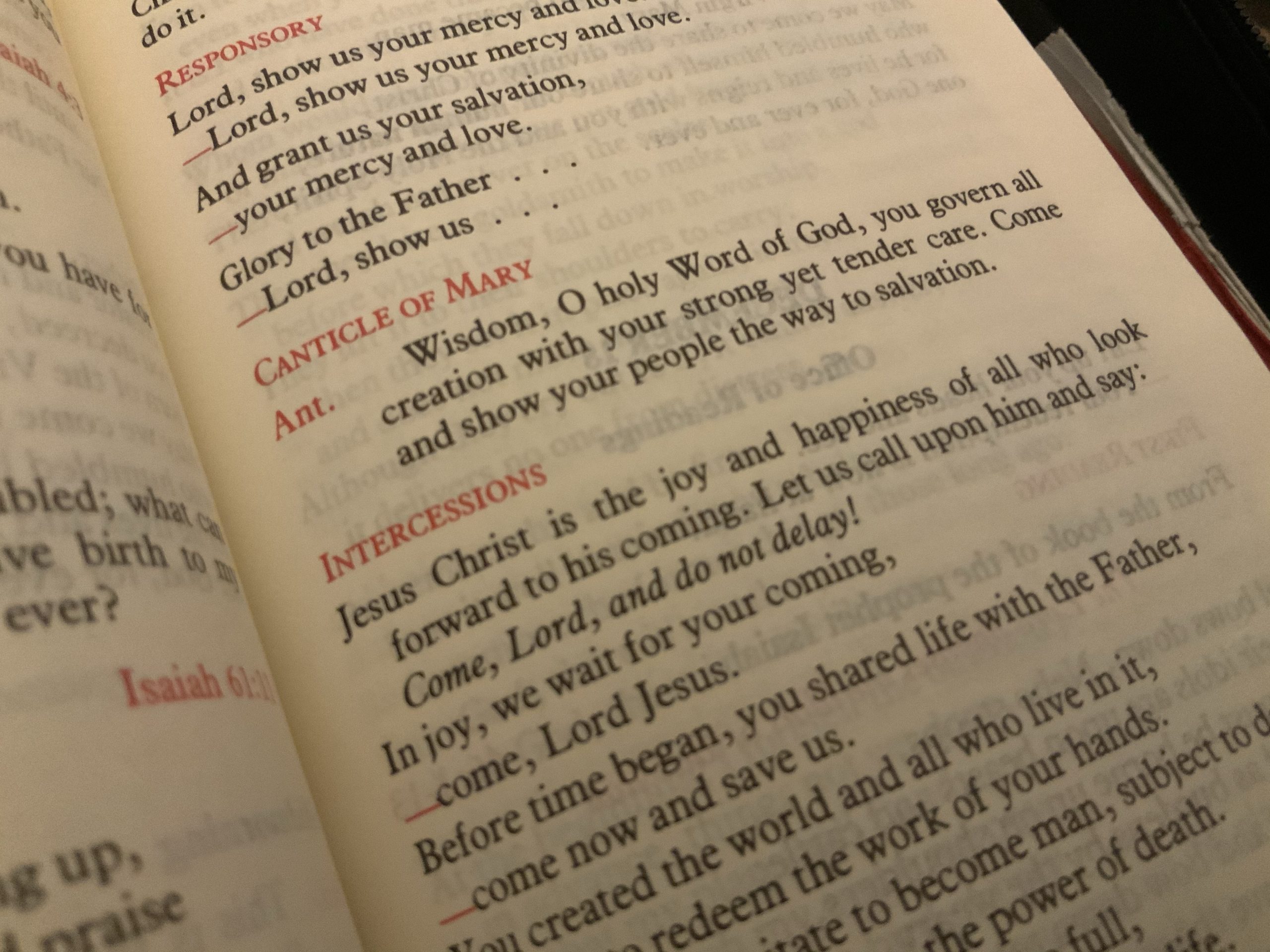
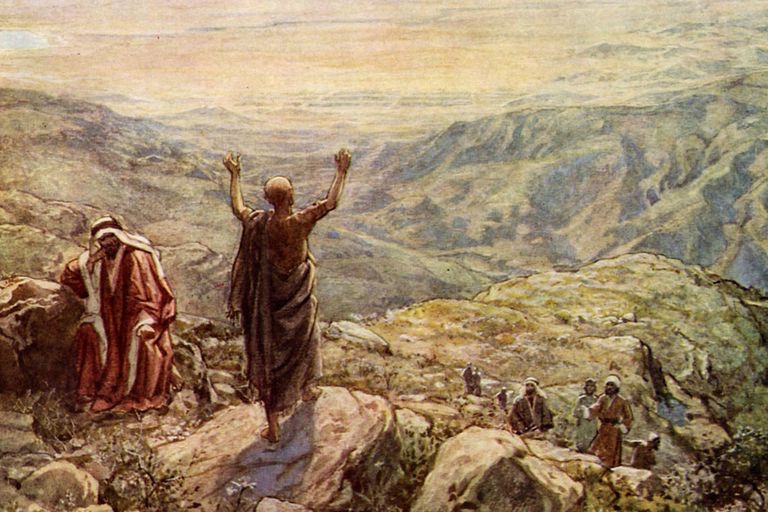
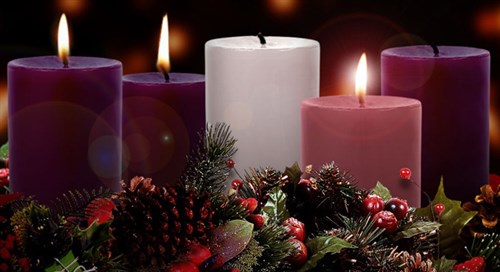
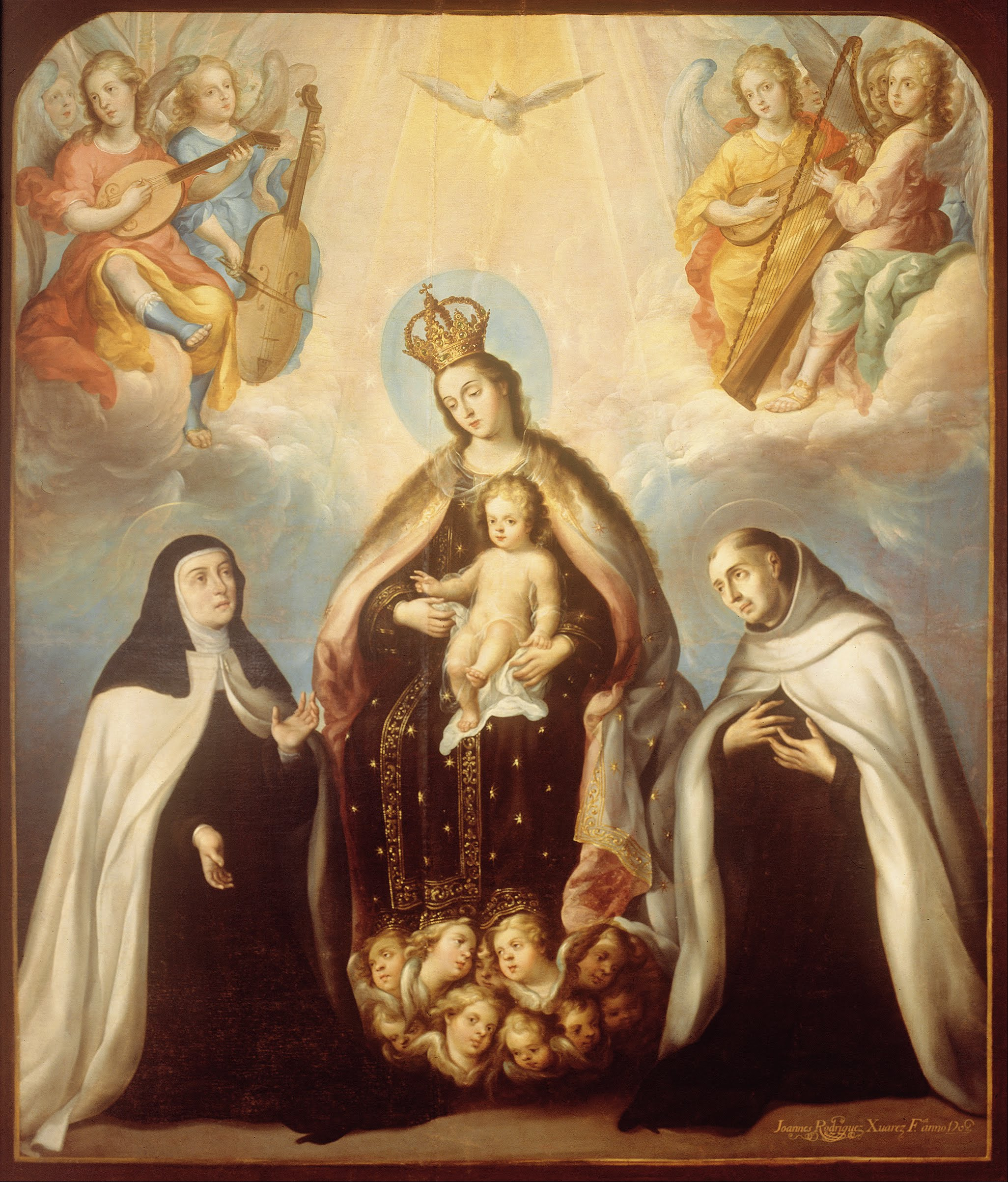


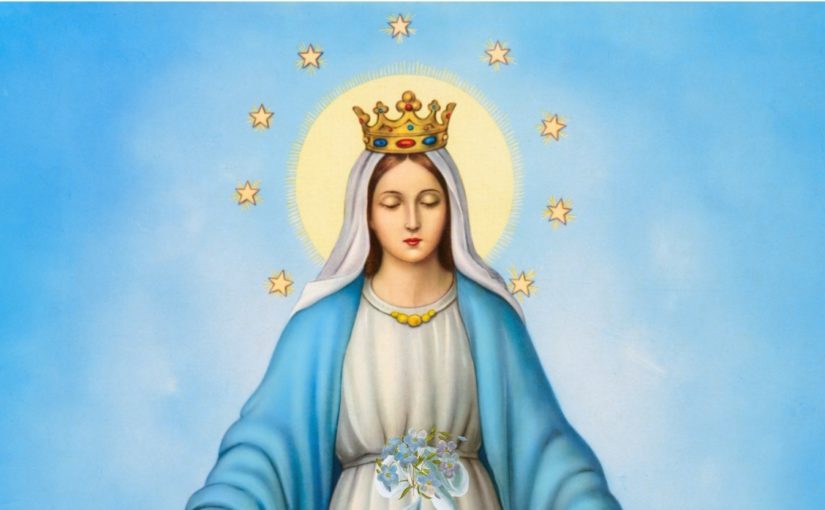
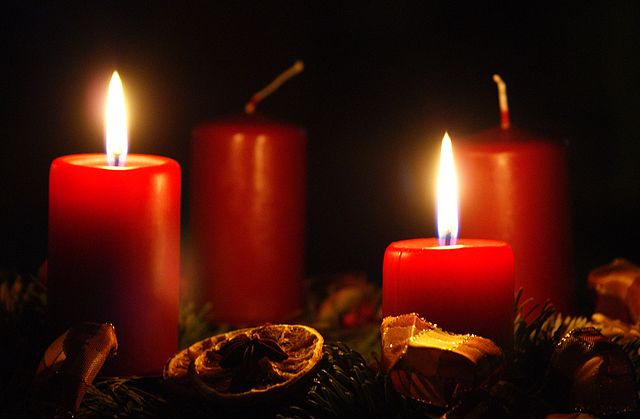
You must be logged in to post a comment.